Recently, I’ve been called in to work full-time; something I wasn’t expecting, couldn’t refuse and which has totally derailed my study plans. All the same, I love teaching in this particular school with such a strong Humanities team and highly-motivated 7th graders.
Currently, in a unit about Religions, my students take notes as they watch 6 short (20-minute) documentaries. The resource I was presented with for this was a Google Doc that I was to make a copy of for each student and direct them to type in their answers as they view. At the outset, I knew I wasn’t going to have them use their laptops for note-taking, not least because of:
- the time it takes them to get the laptops open and navigate to the correct site;
- the fact many run out of power when asked to use them even for a few minutes;
- the potential distraction of ‘googling’ new phrases and terminology rather than focusing on the main message of the videos.
I also had in mind that taking notes by hand can be more effective, though if you saw some of my students’ handwriting and organisation you’d be hard-pressed to believe this could be true!
First Round
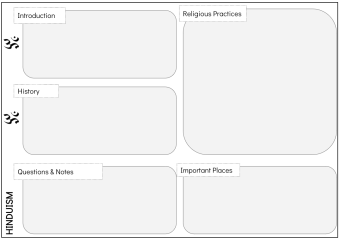 We began with a graphic organiser I’d produced on Google Slides, printed and distributed to each student. This was a simple format with a box for each section of the video.
We began with a graphic organiser I’d produced on Google Slides, printed and distributed to each student. This was a simple format with a box for each section of the video.
Even as I was making it, I wondered if each box was the optimal size for the quantity of notes they’d be taking. This turned out to be a valid concern, as I noted how students had used some boxes minimally whereas others had continued on the back side of the sheet as the box hadn’t been big enough for the details they wanted to record. With such minimal guidance on which information was most important, many had tried to take down as much information as possible, rather than listening critically to decide what was most important.
Round 2
At this point, I had 2 choices – I could give them stems or a cloze (partial graphic organisers) to help them focus on the most important points, or we could discuss how to select the most essential information. Initially, I went for the (onerous) first option swayed by our high EAL population, but when I realised that: this unit may well be dropped next year; my efforts were for a specific DVD series that other teachers would likely not have access to; and I am a recovering workaholic who needs to be mindful of balance – I changed to the second. As a result, in class we talked about noting key words (to be defined later if the pace of speech was too fast), and sharing our notes (in shared first language teams where needed) after each viewing, which we did in class time.
Student feedback on the sharing activity was very positive, and they requested this be a feature of all our viewings from then on. Reviewing their efforts, I could see they certainly had a better quantity of notes and – for the most part – they were now getting the essential information, albeit with a bit of interspersed additional trivia (no harm there).
Round 3
 In keeping with my philosophy of student choice – and the fact that the exit tickets had indicated some were not comfortable with the boxy organiser – I decided to introduce a different format. For our next DVD, I created a very minimal mindmap.
In keeping with my philosophy of student choice – and the fact that the exit tickets had indicated some were not comfortable with the boxy organiser – I decided to introduce a different format. For our next DVD, I created a very minimal mindmap.
Many students excelled with this producing well-organised mindmaps with clear sections and different colours, whereas some produced mindmaps like my own – something like an flailing octopus and completely useless as an aide-memoire.
Round 4
 The next format introduced was Cornell Notes. I’ve always thought these are a bit like free form notes anyway, but they have become my favourite over time so I was interested to see how the students would manage them. I explained that the left-hand column could be used for topic headings, prompts or questions (for reviewing later on). The bottom section was intended for summaries, but as they were studying different religions, they might also use it for connections between religions or burning questions to come back to after the viewing.
The next format introduced was Cornell Notes. I’ve always thought these are a bit like free form notes anyway, but they have become my favourite over time so I was interested to see how the students would manage them. I explained that the left-hand column could be used for topic headings, prompts or questions (for reviewing later on). The bottom section was intended for summaries, but as they were studying different religions, they might also use it for connections between religions or burning questions to come back to after the viewing.
Again, the feedback on this format was positive although some had already decided one of the other formats was best for them – great! They were starting to make intentional decisions about how they learned – what more could a metacognition-loving teacher ask for!
Moving Forward
As we continue through the DVD series, students will now choose their own format for note-taking. Of course, note-taking is only the first step in this learning process, so at the end of each lesson, students have been creating quiz questions on the material which we use as beginning activities in the next lesson. Furthermore, students already use Quizlet for science so they can transfer the information they’ve collected onto that platform for retrieval practice and eventually higher-order assessment tasks to check on deeper learning.
Caveat
As with all research, there is the need to be critical about the generalisability of findings. While teachers would love to be working in a definitive framework, this post from the Learning Scientists reminds us to be aware that we are often working with ‘best case’ conclusions rather than guarantees of success.
References
Agarwal, P. K. (2018). Retrieval Practice & Bloom’s Taxonomy: Do Students Need Fact Knowledge Before Higher Order Learning?. Journal of Educational Psychology. Advance online publication. http://dx.doi.org/10.1037/edu0000282.
Coane, J. & Minear, M. (2018) Who Really Benefits from Retrieval Practice? The Learning Scientists. http://www.learningscientists.org/blog/2018/11/6-1.
Kuepper-Tetzel, C. (2018) Partial Graphic Organizers to Support Student Note-Taking and Learning. The Learning Scientists. www.learningscientists.org/blog/2018/10/18-1.
Mueller, P. A., & Oppenheimer, D. M. (2014). The Pen Is Mightier Than the Keyboard: Advantages of Longhand Over Laptop Note Taking. Psychological Science, 25(6), 1159–1168. https://doi.org/10.1177/0956797614524581.
“Retrieval Practice: A Powerful Strategy to Improve Learning.” (n.d.) Retrieval Practice: A Powerful Strategy to Improve Learning. www.retrievalpractice.org.


 participants would administer the highest voltage to their ‘student’, in contrast to the 65% that actually did. Further
participants would administer the highest voltage to their ‘student’, in contrast to the 65% that actually did. Further 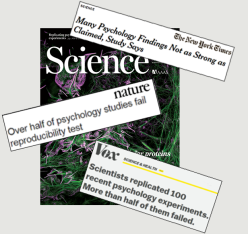
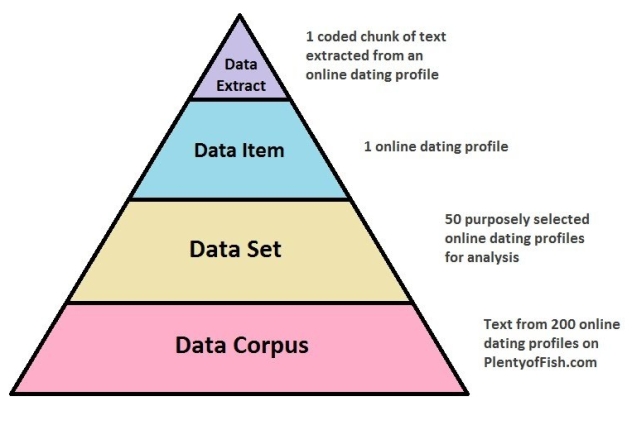
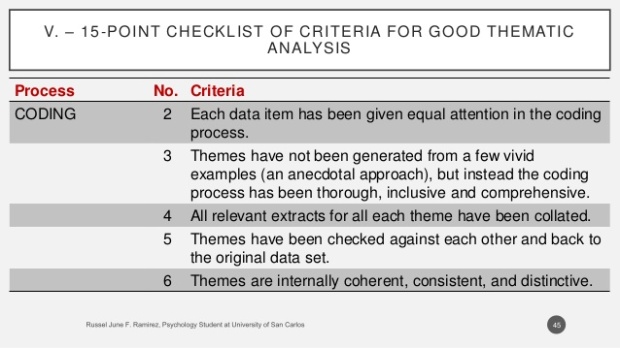
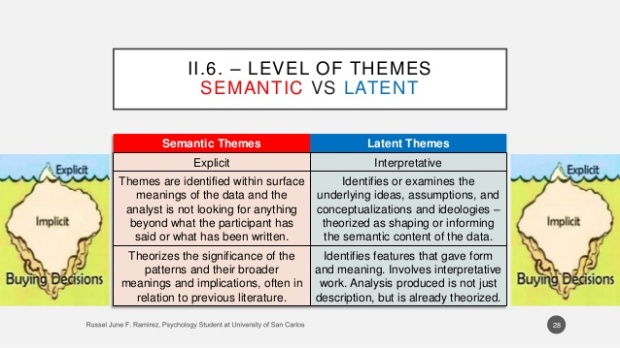

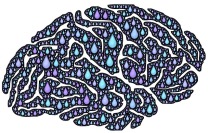

 built-in that reminds me (on my phone) when it’s time to review using their
built-in that reminds me (on my phone) when it’s time to review using their  All the same, it has been refreshing to access British academic texts recently, because those I’ve been allocated so far have that edge of cynicism and wry sense of humour the Brits are well-known for…and I like it. It makes reading them not just informative, but also very enjoyable especially as they sprinkle the dense explanations with references to popular culture, including even the likes of Dot Cotton. (I should also give a shout out to Canadian
All the same, it has been refreshing to access British academic texts recently, because those I’ve been allocated so far have that edge of cynicism and wry sense of humour the Brits are well-known for…and I like it. It makes reading them not just informative, but also very enjoyable especially as they sprinkle the dense explanations with references to popular culture, including even the likes of Dot Cotton. (I should also give a shout out to Canadian  relationship fulfills all those needs. This could be because the last time we remember feeling like that was in a relationship. Or perhaps it’s because
relationship fulfills all those needs. This could be because the last time we remember feeling like that was in a relationship. Or perhaps it’s because  That doesn’t mean fill up every hour with activities to make sure you are never alone, but rather than your daily life is satisfying, meaningful and allows you to appreciate yourself for who you are and what you offer the world. Having a full schedule from dawn til dusk (and possibly beyond) is not going to lead to any of these positive outcomes if, all the while, you are scanning crowds for the next potential partner. The same goes for dating apps. If you find your focus is on who’s messaged or matched more than twice a day, delete, detox and start again. I suggest a month. (Apparently, it’s more like
That doesn’t mean fill up every hour with activities to make sure you are never alone, but rather than your daily life is satisfying, meaningful and allows you to appreciate yourself for who you are and what you offer the world. Having a full schedule from dawn til dusk (and possibly beyond) is not going to lead to any of these positive outcomes if, all the while, you are scanning crowds for the next potential partner. The same goes for dating apps. If you find your focus is on who’s messaged or matched more than twice a day, delete, detox and start again. I suggest a month. (Apparently, it’s more like  life. Spend time with friends that make you feel good about yourself, and if you can be with them physically video call as often as possible. Send out loving affirmations to those you’ve drifted away from but still value – it’s never a waste of energy to remind someone you are thinking of them positively.
life. Spend time with friends that make you feel good about yourself, and if you can be with them physically video call as often as possible. Send out loving affirmations to those you’ve drifted away from but still value – it’s never a waste of energy to remind someone you are thinking of them positively. simply respond with, “I’m single.” It doesn’t require any justification, explanation or tags such as ‘at the moment / for now / since last year.’ And if the questioner expresses sympathy or condescension, you might reply with something that deflects the comment and reminds you it’s just a status, not a sentence, such as, “I’m happy with my lot, thanks.”
simply respond with, “I’m single.” It doesn’t require any justification, explanation or tags such as ‘at the moment / for now / since last year.’ And if the questioner expresses sympathy or condescension, you might reply with something that deflects the comment and reminds you it’s just a status, not a sentence, such as, “I’m happy with my lot, thanks.”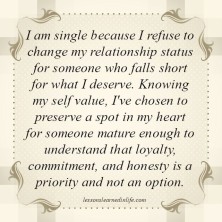 emotionally involved with? If someone is so inconsiderate at the outset, it doesn’t bode well for basic courtesy and respect. If you feel like you can’t be that cut-throat in saying what you won’t put up with, make it clear from the start
emotionally involved with? If someone is so inconsiderate at the outset, it doesn’t bode well for basic courtesy and respect. If you feel like you can’t be that cut-throat in saying what you won’t put up with, make it clear from the start 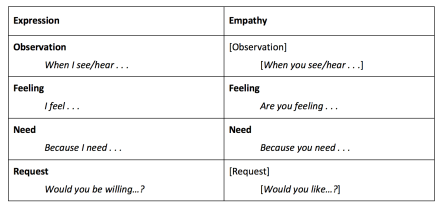 you might just want to state explicitly that you’d like them to make the next move. And set a time limit so you don’t spend the next month waiting and wondering! Being extremely generous, one might say they are so distracted they honestly haven’t noticed the one-sidedness, but by stating clearly what you need (without accusation) you give them the chance to redeem themselves and show they are willing to pitch in to this relationship-building. And if they don’t…well, you know the drill.
you might just want to state explicitly that you’d like them to make the next move. And set a time limit so you don’t spend the next month waiting and wondering! Being extremely generous, one might say they are so distracted they honestly haven’t noticed the one-sidedness, but by stating clearly what you need (without accusation) you give them the chance to redeem themselves and show they are willing to pitch in to this relationship-building. And if they don’t…well, you know the drill.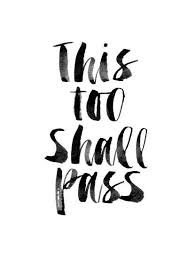 evidence to back this up, but this is what my quinquagenarian friends tell me. It makes sense, I guess, given the desperation might just be your body’s last ditch attempt to get impregnated and pass on your genes. It could also be the ‘older and wiser’ thing. Either way, if menopause was something you were dreading, it seems there’s a silver lining after all and at least you can comfort yourself now with the knowledge these feelings will pass.
evidence to back this up, but this is what my quinquagenarian friends tell me. It makes sense, I guess, given the desperation might just be your body’s last ditch attempt to get impregnated and pass on your genes. It could also be the ‘older and wiser’ thing. Either way, if menopause was something you were dreading, it seems there’s a silver lining after all and at least you can comfort yourself now with the knowledge these feelings will pass.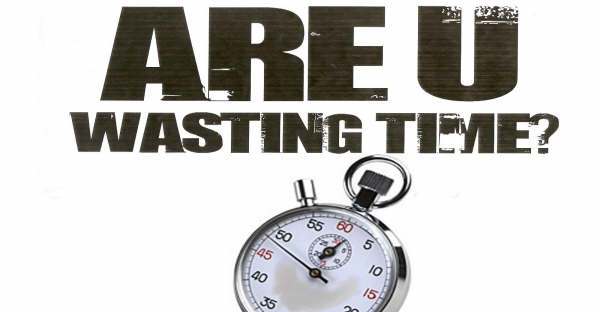

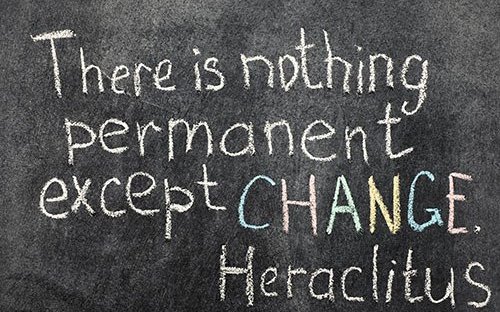
 I am one of those people that is absolutely bloody-minded if I have a goal I am passionate about. Nothing will stop me, and I am energised and dogged in the pursuit of whatever I am chasing. I took Angela Duckworth’s
I am one of those people that is absolutely bloody-minded if I have a goal I am passionate about. Nothing will stop me, and I am energised and dogged in the pursuit of whatever I am chasing. I took Angela Duckworth’s 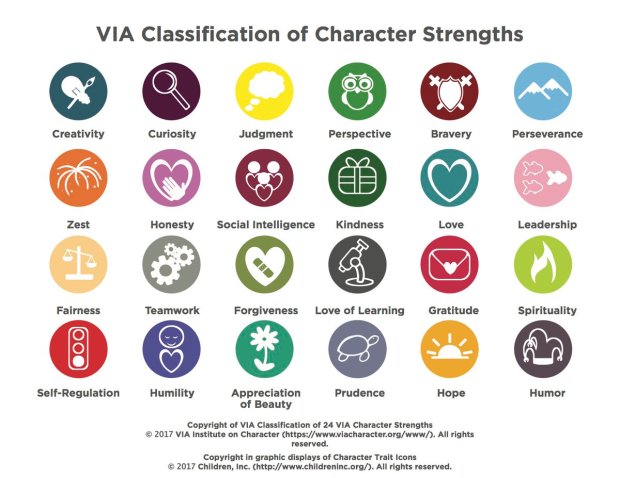

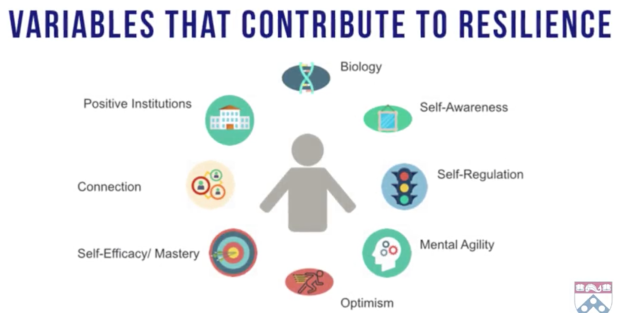

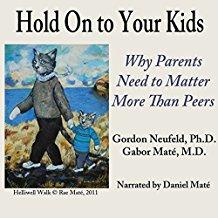 dio for books I don’t intend to spend too much time and energy on, but this one was different from the first listen. It not only revealed to me the concept of attachment theory, but made clear how essential it was to foster this between parents and children, and how my parenting style was not ideal for this connection. Myself and my partner listened in parallel and immediately implemented changes to bring our behaviours and attitudes into line to create secure attachments with our kids. Of course it’s an ongoing and inconsistent process, but we already feel the differences we’ve made have had an impact and – maybe for the first time in 12 years – I feel truly informed and empowered as a parent to feel confident in framing my interactions and other efforts with my children.
dio for books I don’t intend to spend too much time and energy on, but this one was different from the first listen. It not only revealed to me the concept of attachment theory, but made clear how essential it was to foster this between parents and children, and how my parenting style was not ideal for this connection. Myself and my partner listened in parallel and immediately implemented changes to bring our behaviours and attitudes into line to create secure attachments with our kids. Of course it’s an ongoing and inconsistent process, but we already feel the differences we’ve made have had an impact and – maybe for the first time in 12 years – I feel truly informed and empowered as a parent to feel confident in framing my interactions and other efforts with my children.